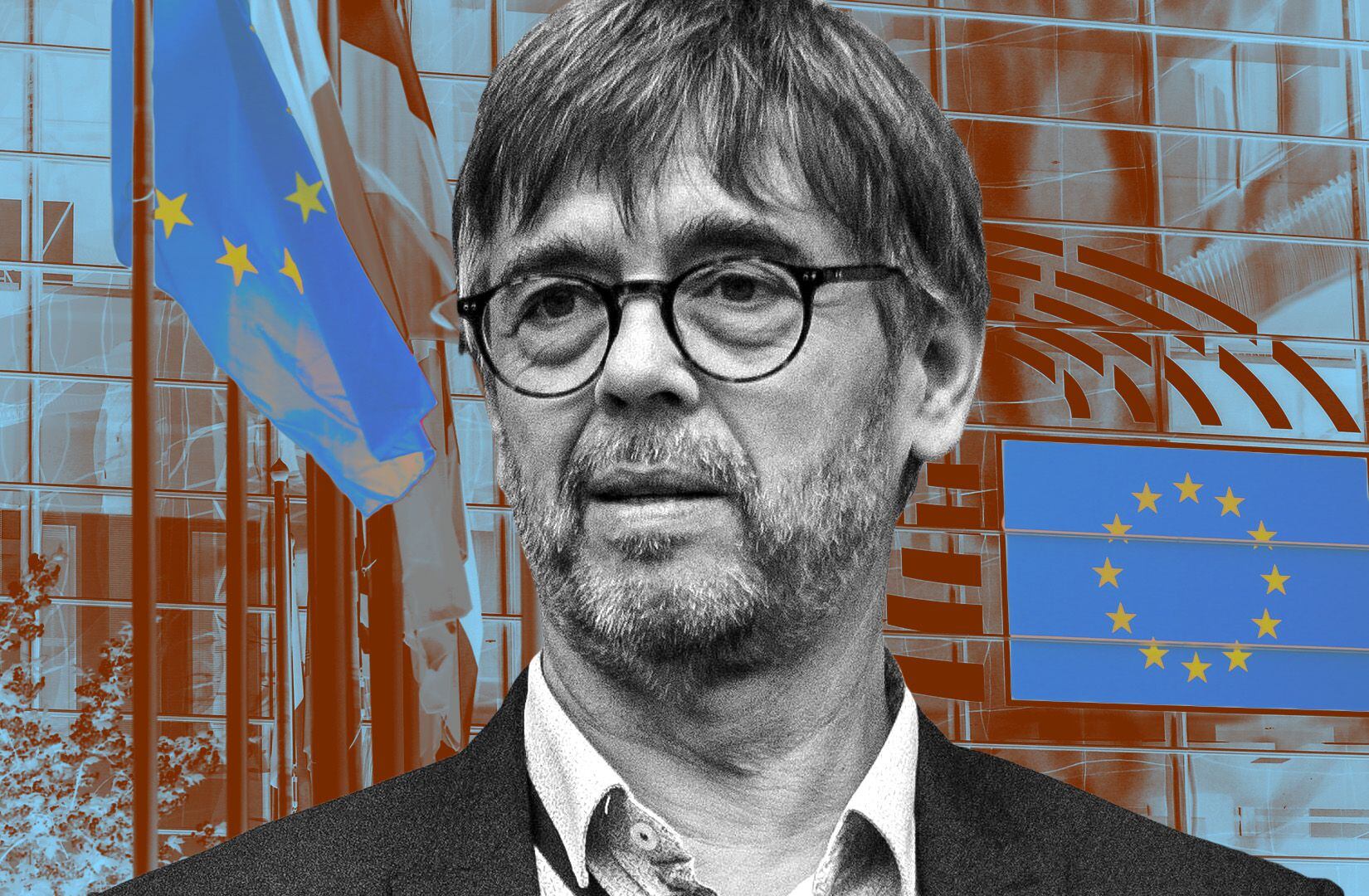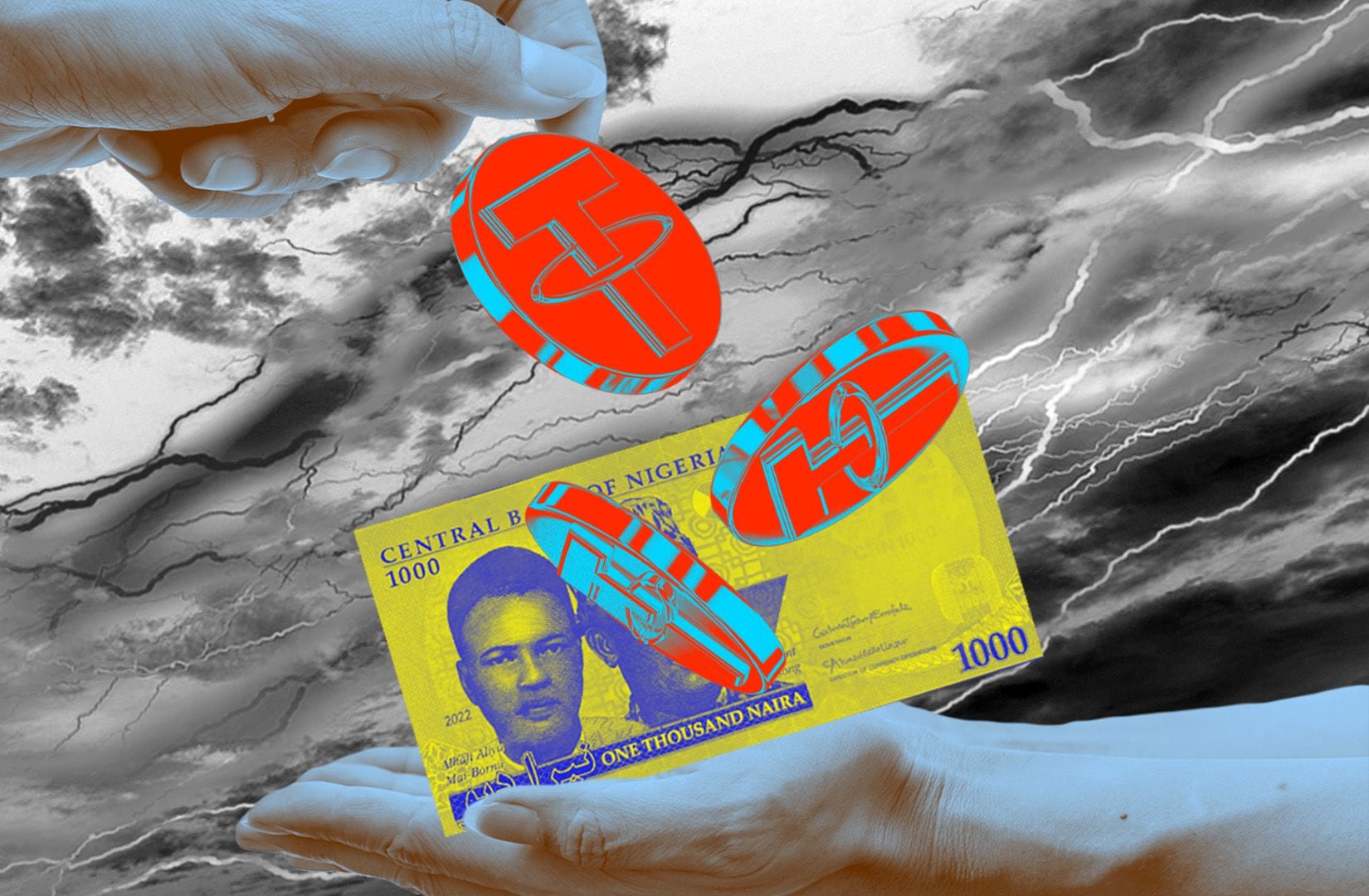In an effort to thwart Hamas from tapping digital assets, European lawmakers may direct crypto firms to do extra verification on transactions of less than €1,000, according to draft legislation obtained by DL News.
On Tuesday, the European lawmakers discussed in closed-door sessions what steps it might take to ensure authorities can identify individuals transacting in any amount of crypto assets, but no agreement was reached.
Officials are concerned that “it’s possible that financing terrorism can also occur in several small amounts and not only large amounts,” according to an EU official familiar with the proceedings.
Seizing crypto
Lawmakers worldwide have scrambled to cut off funding for Hamas, which is designated a terrorist organisation in the US, the UK, and the European Union.
Since the outbreak of the war last month, a series of crypto funds linked to the Palestinian militant organisation that governs Gaza, were frozen.
Tether, the company that issues the biggest stablecoin by market cap USDT, said it froze 32 addresses linked to illegal activity in Ukraine and Israel.
Israeli police also seized undisclosed amounts from Hamas-linked crypto wallets on Binance.
As part of their preparation of anti-money laundering legislation, EU lawmakers had developed a provision that crypto firms that have to identify and verify users transferring amounts over €1,000 ($1,084) in value.
Now they are revisiting the measure to make sure terror groups do not break transactions into smaller amounts to sidestep due diligence measures.
Lawmakers are sketching out stricter measures for crypto than other forms of payment, such as cash.
Small transactions
Transactions larger than €1,000 would require crypto firms to conduct more thorough customer checks, such as understanding the relationship between the parties on both sides of transactions.
Damien Carême, a French lawmaker from the European Parliament’s Green party, told DL News that the situation in the Middle East came up in the discussion on crypto in Tuesday’s negotiations.
“We support the spirit, but we need more information as to the proportionality of this measure as of now,” said Carême, an appointed lead negotiator on the Anti-Money Laundering Regulation in the parliament.
While crypto receives special attention from regulators, illicit activity in crypto accounted for 0.24% of the total digital assets volume in 2022, according to a Chainalysis report on crypto used in crime.
Mismatch
In Washington, a leading trade association has called out the danger of stifling innovation by overstating the use of crypto in crime.
“There is a mismatch between the assumptions about the role that digital assets play in global financial transfers and the facts on the ground,” Kristin Smith, CEO of the Blockchain Association, said in a comment shared with DL News.
In Brussels, the potential change in reporting threshold would be a significant shift for the crypto industry. The first question is how much impact might this have on ordinary crypto users and exchanges offering retail services.
The beefed up rule changes could also complicate other anti-money laundering requirements that have already been established and are coming into effect soon.
The anti-money laundering legislation has been undergoing so-called trilogue negotiations for several months.
It had already included crypto and DeFi in its scope. The legislation caught the industry’s attention earlier this year when lawmakers cracked down on transactions from self-custodied wallets for commercial payments.
In this last phase of negotiations the EU’s three lawmaking institutions defend their position. Lawmakers hope to reach an agreement by the end of the year.
After that, it will need to pass a vote from parliament’s plenary and be adopted by EU member state ministers in the council before it can become law.
Debunked report
In October, a report from The Wall Street Journal overstated Palestinian Islamic Jihad’s use of crypto in a story cited by more than 100 US lawmakers, including Senator Elizabeth Warren, a Massachusetts Democrat who has called for prohibitions of crypto.
The report was debunked by blockchain analytics firm Elliptic, which said its data was “misinterpreted.” It said there is “no evidence” the paramilitary organisation raised the $93 million the paper reported.
“Though the revelations of the WSJ have been dismissed, there’s growing evidence that small-amount crypto transactions may be used for the purpose of money laundering and terrorism financing,” Carême said.
To prevent this, co-legislators have discussed how to identify wallet-holders and the persons at the origin of these transactions, he said.
He added that NFTs “should stand on an equal footing with other crypto-assets.”
In any event, officials say crypto is drawing far more scrutiny now.
“I fear that no one feels the political need to set the record straight in the trilogues, and they will go for the easy target of crypto, even if that is off target,” an EU official with knowledge of crypto markets, told DL News, requesting anonymity to speak candidly.
“I would not be surprised that crypto gets it in the neck,” they said.
Inbar Preiss is a Brussels-based correspondent who covers crypto regulatory policy in the European Union. Have a tip? Contact the author at inbar@dlnews.com.

![[Action required] Your RSS.app Trial has Expired.](https://8v.com/info/wp-content/uploads/2026/01/rss-app-cfAqZL-75x75.png)




















